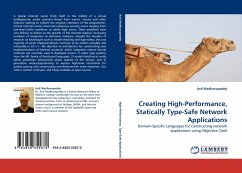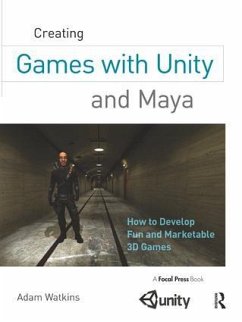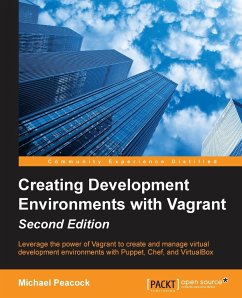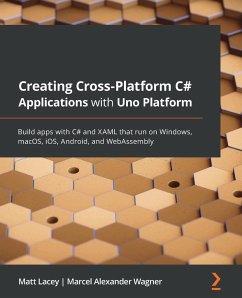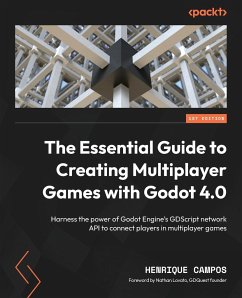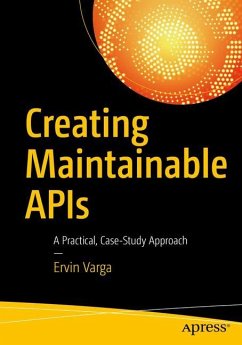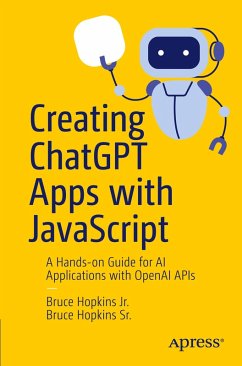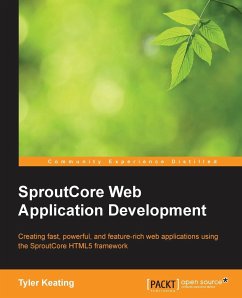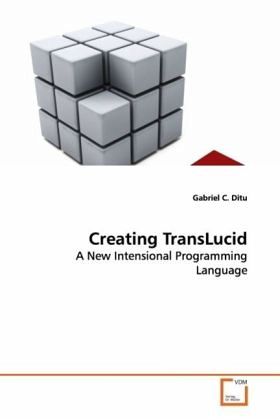
Creating TransLucid
A New Intensional Programming Language
Versandkostenfrei!
Versandfertig in 6-10 Tagen
39,99 €
inkl. MwSt.

PAYBACK Punkte
20 °P sammeln!
With formal foundations in intensional logic,intensional programming is an independent programmingparadigm that originated in the 1970's. Since then ithas remained an active field of research, withapplications in many areas of computer science. Thisbook presents the new intensional programminglanguage TransLucid, a low-level, purely declarativelanguage. Built on a simple algebra and with just asmall number of primitives, TransLucid programsdefine arbitrary dimensional, infinite datastructures, which are then queried to produceresults. The semantics of TransLucid are fullyspecified using operat...
With formal foundations in intensional logic,
intensional programming is an independent programming
paradigm that originated in the 1970's. Since then it
has remained an active field of research, with
applications in many areas of computer science. This
book presents the new intensional programming
language TransLucid, a low-level, purely declarative
language. Built on a simple algebra and with just a
small number of primitives, TransLucid programs
define arbitrary dimensional, infinite data
structures, which are then queried to produce
results. The semantics of TransLucid are fully
specified using operational semantics.
Various extensions enrich the expressiveness of the
language, allowing the encoding of diverse
programming models, the translation of imperative
programs into TransLucid and the runtime updating of
programs. The language TransLucid represents a
decisive advance in intensional programming. With two
background information chapters, this book should
appeal to anyone with an interest in intensional
programming, declarative programming and programming
languages in general.
intensional programming is an independent programming
paradigm that originated in the 1970's. Since then it
has remained an active field of research, with
applications in many areas of computer science. This
book presents the new intensional programming
language TransLucid, a low-level, purely declarative
language. Built on a simple algebra and with just a
small number of primitives, TransLucid programs
define arbitrary dimensional, infinite data
structures, which are then queried to produce
results. The semantics of TransLucid are fully
specified using operational semantics.
Various extensions enrich the expressiveness of the
language, allowing the encoding of diverse
programming models, the translation of imperative
programs into TransLucid and the runtime updating of
programs. The language TransLucid represents a
decisive advance in intensional programming. With two
background information chapters, this book should
appeal to anyone with an interest in intensional
programming, declarative programming and programming
languages in general.




